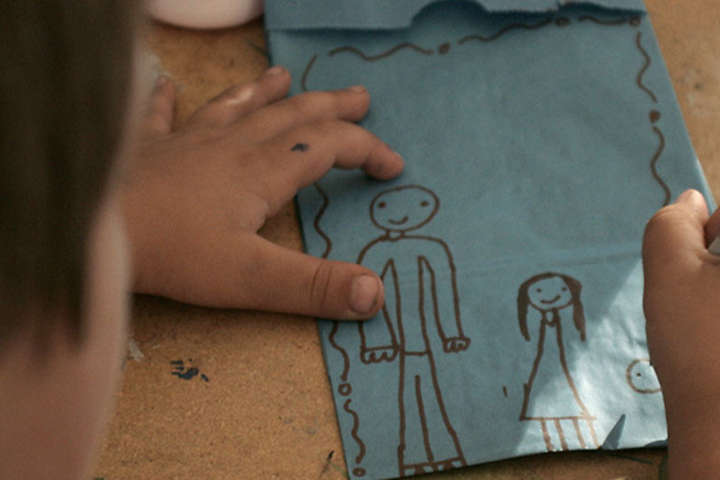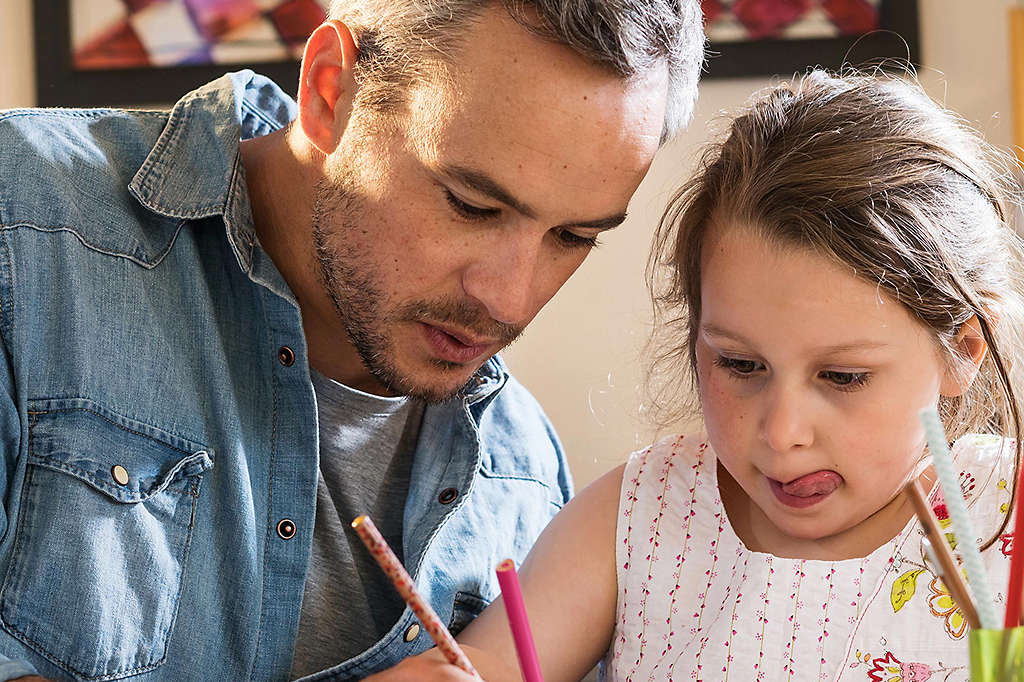
For schools Helping to prepare educators to facilitate healing from grief
Whether children are exposed to a singular loss of a family member, peer or teacher, or the entire school is witness to a national tragedy, schools are ideally positioned to partner with families and communities to support children during these difficult times.
Programs and resources to support school communities and grieving students
Teachers can be among the strongest advocates for bereaved students and families, and schools can serve as a safe space for students. As the first line of defense, educators see children each day in a consistent and structured environment. They are a critical element facilitating healing from grief after a death.
Tools for Educators and All School Personnel

Free Digital Resources

Grief-Sensitive Schools Initiative
Resources to help build a community's resilience.
Additional resources

Free materials for schools.
Download brochures and helpful tools to share with schools.


